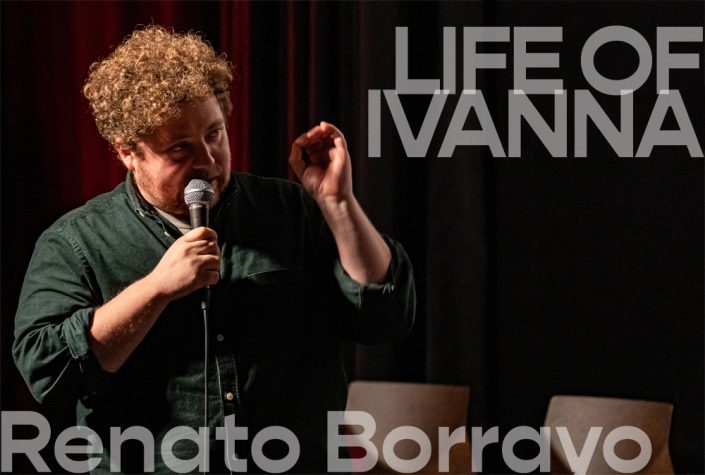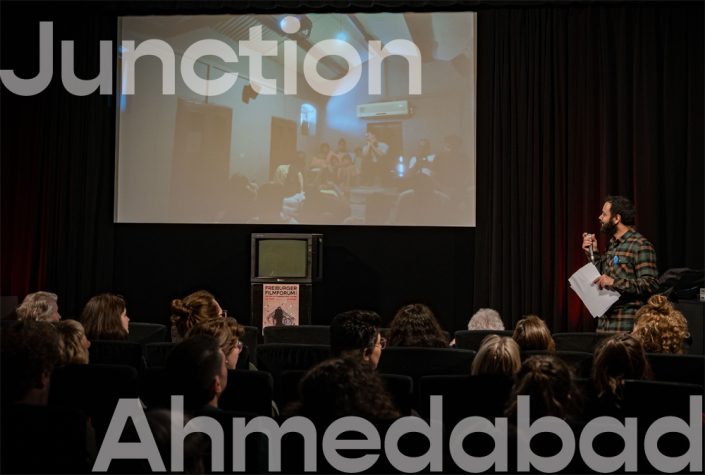Fatimetu is born to a Sahrawi family in a Saharan refugee camp in Algeria and later sent to live with foster parents in Spain. After the death of her mother she returns to the camp. She has been absent for sixteen years. Her brother now expects her to stay and look after her sister Hayat, who has difficul-ty walking. Fatimetu, who unlike the other women can drive a car, finds work transporting animals, meat and bread from one administrative district to another. In time, the Sahrawi people become ac-customed to the woman who tears about the desert without a hijab in her beaten up jeep. But Fatimetu is torn between life in the desert and her memories of her family and friends in Spain. The Sahrawi are a Moorish ethnic group in Algeria that is still waiting for the referendum that will define their status un-der international law. Told in concentrated, poetic images, Pedro Pérez Rosado’s staged film does not only give us the story of two reunited sisters or the clash of two different cultures; he also allows his Saharan protagonists to describe in their own words their political and social predicament.









